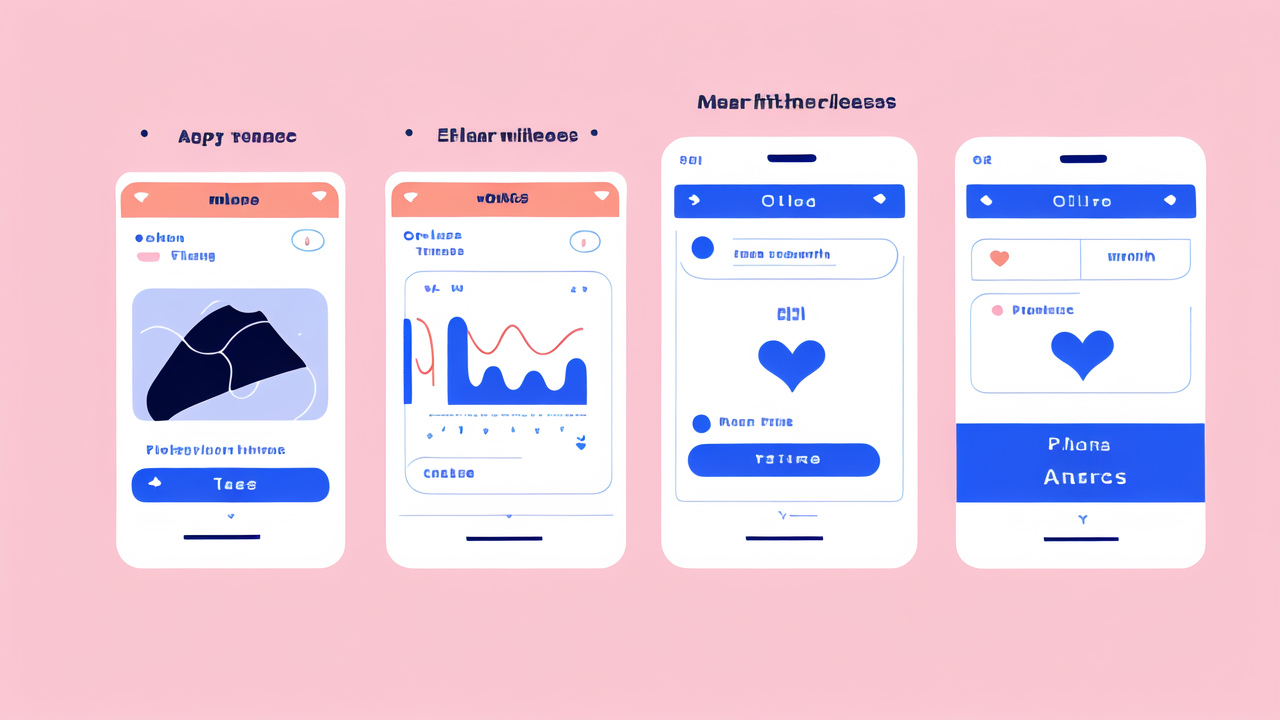Evolving Trends in Fitness Wearables and Consumer Demands
Analyzing Shifts in Consumer Preferences
The fitness tracker market is changing fast. People want more from their devices now. They're not just for counting steps anymore. Users expect advanced health monitoring and smart features.

Consumers now look for:
- Heart rate monitoring
- Sleep tracking
- Stress management
- GPS for outdoor activities
- Water resistance
- Long battery life
- Smartphone notifications
These trends show that people want their fitness trackers to do more. They want devices that can help with overall health, not just exercise. This shift is pushing companies to innovate and add new features.
Impact of Smartwatches on Fitness Tracker Market
Smartwatches have changed the game for fitness trackers. They offer more features and style options. This has put pressure on traditional fitness tracker brands. Many people now prefer smartwatches that can do it all.
Smartwatches often include:
- Fitness tracking features
- Ability to make calls
- Music control
- Mobile payments
- Third-party apps
This competition has forced fitness tracker companies to evolve. They're adding smartwatch-like features to stay relevant. The line between fitness trackers and smartwatches is blurring. This trend is likely to continue in the future.
Technological Advancements in Fitness Tracking Devices
Cutting-Edge Features in Modern Fitness Wearables
Today's fitness wearables are packed with advanced tech. They go beyond basic step counting and calorie tracking. New features are making these devices more useful and accurate.

Some cutting-edge features include:
- ECG monitoring for heart health
- Blood oxygen level tracking
- Skin temperature sensors
- Advanced sleep analysis
- Menstrual cycle tracking
- Recovery time recommendations
- Stress level monitoring
These features turn fitness trackers into powerful health tools. They can help users understand their bodies better. Some even alert users to potential health issues. This makes fitness wearables more valuable for everyday health management.
The Role of AI and Machine Learning in Fitness Tracking
AI and machine learning are changing fitness tracking. These technologies make devices smarter and more personalized. They can learn from user data and provide tailored advice.
AI and ML in fitness trackers can:
- Predict future health trends
- Offer personalized workout plans
- Detect irregular heart rhythms
- Provide more accurate calorie burn estimates
- Analyze sleep patterns in detail
- Suggest recovery times based on activity levels
These smart features make fitness trackers more useful. They can act like personal health coaches. This adds value for users and keeps them engaged with their devices.
The Fitness Tracker Industry in the United States
Market Analysis and Growth Projections
The U.S. fitness tracker market is booming. More people are focusing on health and wellness. This drives demand for fitness wearables. The market is expected to keep growing in the coming years.

Key market trends include:
- Increasing health awareness post-pandemic
- Growing elderly population using wearables for health monitoring
- Rising demand for non-invasive health tracking devices
- Integration with healthcare systems and insurance programs
Analysts predict steady growth for the market. They expect new players to enter and more innovation. The focus will likely shift to health monitoring features. This could expand the market beyond fitness enthusiasts.
Regulatory Landscape and Compliance in the Fitness Wearable Sector
As fitness trackers become more advanced, regulations are catching up. The FDA is paying more attention to these devices. This is especially true for those with health monitoring features.
Key regulatory considerations include:
- Data privacy and security
- Accuracy of health measurements
- Claims about medical benefits
- Integration with medical records systems
Companies must navigate these rules carefully. They need to balance innovation with compliance. This can be challenging, especially for startups. However, it also ensures that consumers can trust the data from their devices.
The future of fitness trackers looks bright. They're becoming more advanced and useful. As technology improves, these devices will play a bigger role in our health management. The line between fitness trackers and medical devices may continue to blur. This could lead to exciting new possibilities in personal health monitoring.




Leave a comment
This site is protected by hCaptcha and the hCaptcha Privacy Policy and Terms of Service apply.